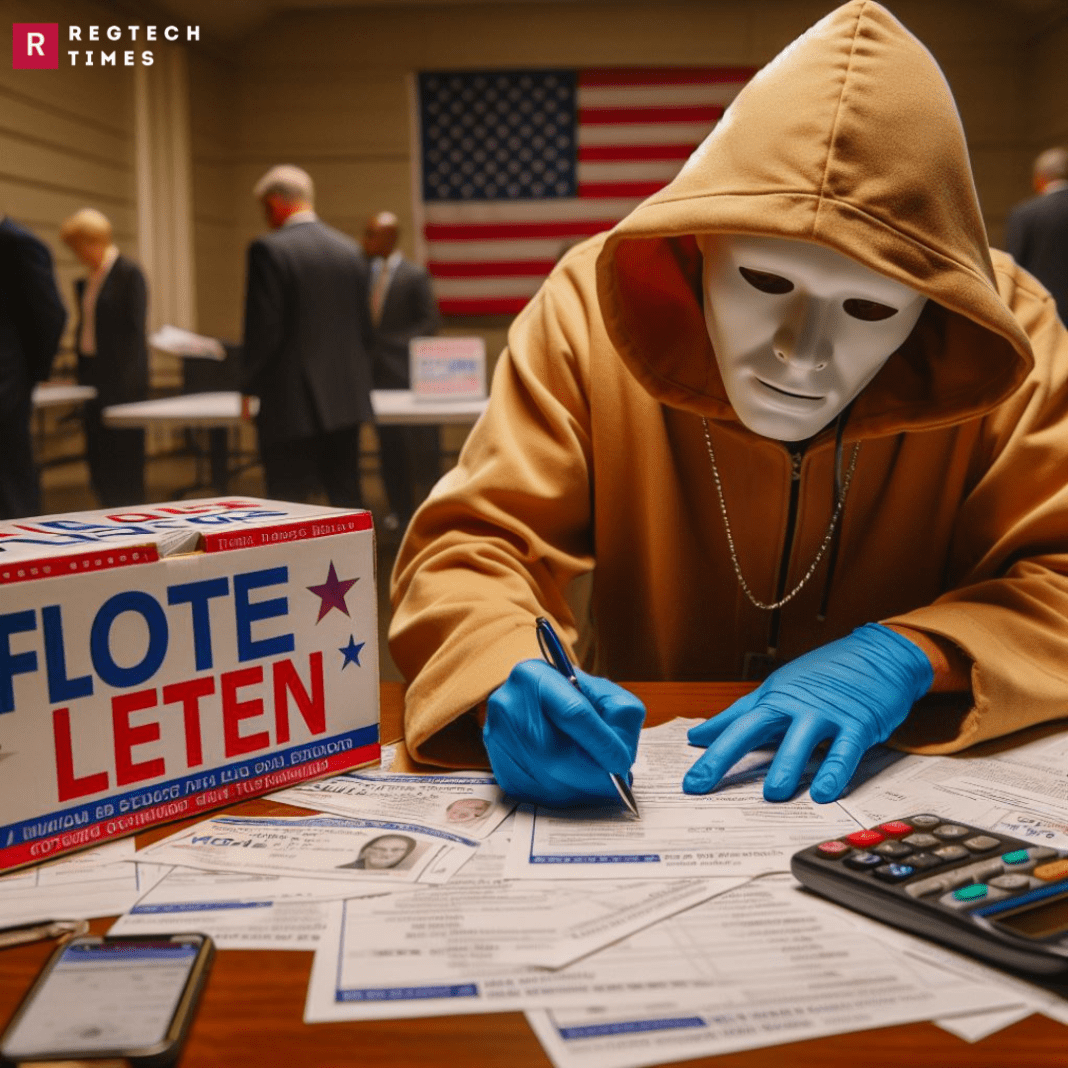Fraudulent signatures are casting a significant shadow over Michigan’s congressional races this year. GOP candidates for the U.S. Senate are facing calls for investigations into their attempts to qualify for the August primary ballot, while a Democratic U.S. House candidate appears likely to fall short of the necessary signatures.
Historical Context of Signature Fraud
This situation is reminiscent of a similar scandal from two years ago, when multiple high-profile gubernatorial campaigns were disqualified due to fraudulent signatures. In 2022, five Republican gubernatorial candidates were kept off the ballot after fraudulent signatures were found on their nominating petitions. Three individuals have since been charged with forgery and related crimes, although no candidate was personally accused of knowingly submitting fraudulent petitions.
The Case of Adam Hollier
It’s anticipated that Adam Hollier, a former state senator who faced up against U.S. Rep. Shri Thanedar in the August primary with strong Democratic support, won’t be on the ballot. County election staff determined that he did not have enough valid signatures on his nominating petitions. Hollier, who submitted 1,550 signatures—exceeding the 1,000 required—later acknowledged that some signatures showed “evidence of fraudulent activity” which was not directed by his campaign. His team is forwarding these signatures to the proper authorities for further investigation.
Allegations Against GOP Michigan US’s Senate Candidates
Republicans vying for Michigan’s open U.S. Senate seat are now facing similar allegations. On Friday, state and national Democratic groups submitted a request for an investigation into the validity of their nominating petitions. In a letter to the Michigan Board of State Canvassers, the Democratic Senatorial Campaign Committee and the Michigan Democratic Party claimed that the signatures on each Republican Senate candidate’s petition revealed “patterns that indicate potential forgery and other fraudulent signature gathering tactics.”
Requirements and Challenges
Senate candidates in Michigan were required to submit 15,000 valid signatures by April 23 to qualify for the August primary election. Although the Democratic groups missed the seven-day window for challenges, they have requested the state canvassing board to investigate, which is permissible under Michigan election law. In light of indications of “a possible repeat of the conduct of petition circulators during the 2022 election,” the letter contends that the petitions merit an investigation.
Impact on the U.S. Senate Race
Michigan’s U.S. Senate race is highly contested. With longtime Democratic Sen. Debbie Stabenow retiring this year, the seat is open in a critical election for control of the Senate. Former U.S. Reps. In the race for the Republican nomination are businessman Sandy Pensler, Mike Rogers, and Justin Amash. Each faces allegations of fraudulent signatures from Democratic groups.
Rogers, the Republican frontrunner, submitted the maximum 30,000 signatures. To be disqualified, half of those would need to be invalidated. Pensler, who submitted 26,000 signatures, expressed confidence in qualifying for the ballot, stating, “Democrats can’t beat Republicans at the ballot box, so they are trying to eliminate Republicans from the voting card.” A Rogers campaign spokesman called the investigation request a “antidemocratic stunt,” and Amash’s campaign did not immediately reply.
Challenges Faced by Elissa Slotkin
A challenge has been made to the signatures of Democratic candidate for U.S. Senate, Rep. Elissa Slotkin of Michigan. Her team, however, brushed it off as “unserious,” claiming that there aren’t enough disputed signatures to remove her from the ballot.
The Detroit U.S. House Race
In Detroit’s U.S. House race, Adam Hollier was seen as a significant threat to Rep. Shri Thanedar’s bid for a second term. Hollier received endorsements from prominent Michigan Democrats, including Secretary of State Jocelyn Benson and the leadership of the Black Congressional Caucus.
Thanedar challenged Hollier’s signatures, and a report by the Wayne County Clerk’s Office, released Thursday, found Hollier did not have enough valid signatures. Wayne County Clerk Cathy Garrett is expected to decide soon whether Hollier will be on the ballot. By any other name, this is voting suppression. “We are carefully considering our next course of action and will provide more information soon,” Hollier’s lawyer Melvin Butch Hollowell stated.
Conclusion
The controversy over fraudulent signatures is shaping up to be a major issue in Michigan’s congressional races. As investigations proceed and decisions are made, the integrity of the signature gathering process remains a critical concern for ensuring fair and democratic elections in the state.



